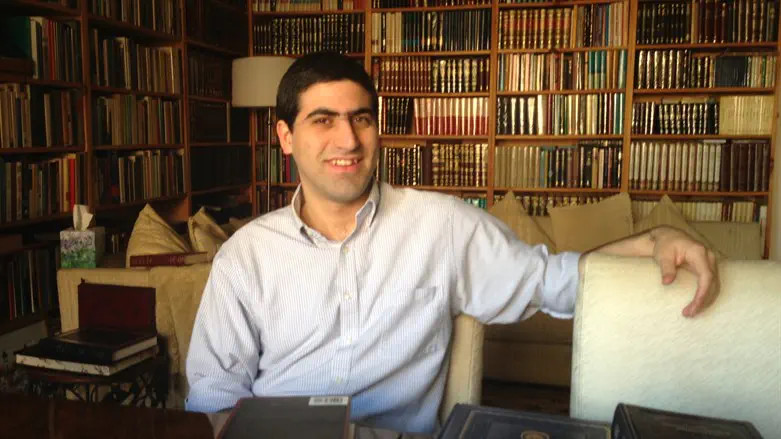
We refer to Yosef as “ha’tzaddik” – “the righteous man.” But do righteous men play cruel games on other people? How could Yosef terrify his brothers by accusing them of being spies and then demanding that they hand over Binyamin to be his slave?
As children, many of us learn a variation of the Ramban’s answer, which is that Yosef was trying to bring his dreams to realization. In Yosef’s first dream, all his brothers – including Binyamin – bow to him. And so, Yosef needed to manipulate events so that the brothers brought Binyamin to Egypt where he, too, could bow before him.
Rav Hirsch, however, is unsatisfied with this explanation. “If a dream has any meaning,” he writes, “one can leave its realization to the One Who sends it.”
How then to understand Yosef’s behavior?
Rav Hirsch suggests that Yosef acted as he did because he sought a true family reunion, not a superficial one. Yes, Yosef could have revealed his identity as soon as he saw his brothers, but their hearts would have forever remained distant from one another.
Remembering how his brothers sold him as a slave, Yosef suspected that his brothers were still merciless, and he also feared that his brothers still ascribed to him an imperious, and dangerous, will to power.
Yosef needed to eliminate both these thoughts – the first within him, the second within his brothers – before a true union could be effected.
Yosef resolved his own doubts by demanding that his brothers surrender Binyamin. Rav Hirsch writes that he wanted “to see whether they would still be capable…of depriving their father of a son.” Thankfully, they were not, and so “the last drops of bitterness [were] eradicated from [Yosef’s] heart.”
But Yosef also needed to correct his brothers’ misconceptions of him. And so, he projected absolute power. The brothers may have regarded Yosef as a mere government official tasked with “the retail selling” of food; Yosef needed to “show them that he was the shalit, the Ruler…that he could do with them whatever he wished.” If after this demonstration of strength, the brothers saw Yosef use his power, not to subjugate them, but “to ensure their happiness,” they would hopefully “be cured from all their erroneous ideas about him.”
In other words, yes, Yosef’s behavior toward his brothers seems heartless. Yet, it was necessary if Yosef was to be “restored to his father and his sons as son and brother.” Otherwise, they would have been reunited, but “an intimate relationship would [never have been] re-established” and a bnei Yisrael united in spirit would have been impossible.
Samson Raphael Hirschwas a German scholar, rabbi, prolific writer, activist and pioneer of the Torah Im Derekh Eretz school of contemporary Orthodox Judaism. His perceptive commentary on the Torah is widely read..
Elliot Resnick, PhD, is the host of “The Elliot Resnick Show” and the editor of an upcoming work on etymological explanations in Rav Samson Raphael Hirsch’s commentary on Chumash.